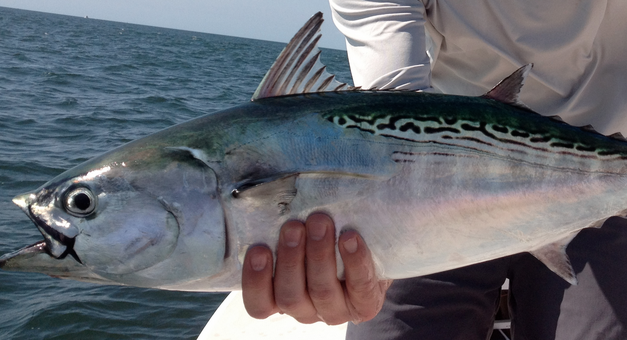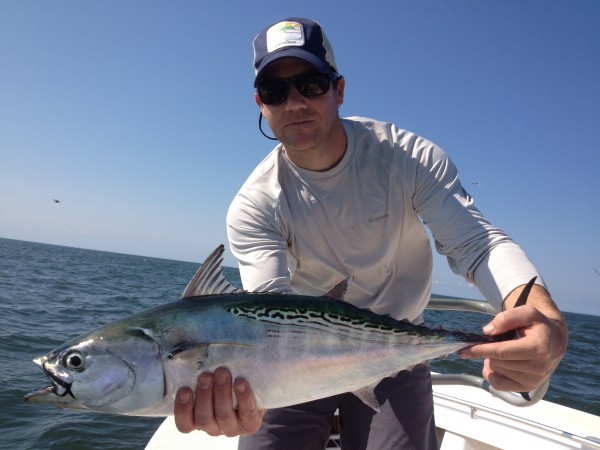[dropcap]F[/dropcap]orage fish species, such as sand lance and copepod, form the foundation of the ocean’s food web, providing food for larger fish, seabirds, and marine mammals. However, many of these vital fish are at risk from unregulated fishing. Now the Mid-Atlantic Fishery Management Council has proposed to take action to protect forage fish and the marine ecosystem that depends on them.
The public has a critical opportunity to express support for this visionary plan and its protections. Please consider attending one of seven regional hearings between May 17 and June 6, or the online webinar June 8, and submitting comments by June 17.
Many forage fish, such as Atlantic herring and menhaden, are fished in large numbers for use in fish oil, bait, and livestock feed, with no limits on how many can be caught, so as global demand increases, they are at risk. If fishing were to increase quickly, the consequences for fish populations, the ecosystem, and the economy could be severe. Vessels operating in the region use gear that is designed to target small schooling species and can pull in millions of fish in a single trip. At this scale, industrial fishing could dramatically reduce the numbers of forage fish, potentially destabilizing the entire ocean ecosystem.
In response, the council last month released a set of possible approaches to managing forage fish, including folding some groups into each of the council’s existing management plans. Such an action would enable managers to quickly set basic conservation guidelines. The proposal also would prohibit new large-scale fisheries on more than 50 unmanaged forage species in the region unless scientific data confirmed that they would not harm the ocean food web. Because the current system could result in rapidly depleted populations off the East Coast, mid-Atlantic fishery leaders have indicated that they want to put conservation measures in place as soon as possible.
If all goes as planned, the council will vote on and submit its final proposal to the National Oceanic and Atmospheric Administration’s Fisheries Service in August.



